7 Best Pressure Car Wash Machines for 2023: Elevate Your Cleaning Game with 50% Time Savings!
In today's fast-paced world, efficiency and effectiveness are paramount, especially when it comes to vehicle maintenance. The rise in popularity of the Pressure Car Wash Machine has revolutionized how we approach cleaning our cars, with studies indicating that utilizing high-pressure cleaning equipment can save up to 50% of the time compared to traditional washing methods. According to industry reports, the global market for pressure washers is projected to reach USD 2.5 billion by 2027, highlighting the growing demand for innovative cleaning solutions. These machines not only enhance the cleaning process but also reduce water consumption by up to 80%, making them an eco-friendly choice for car enthusiasts and professionals alike. In this blog, we will explore the seven best pressure car wash machines of 2023 that can help elevate your cleaning game while optimizing your time and effort.
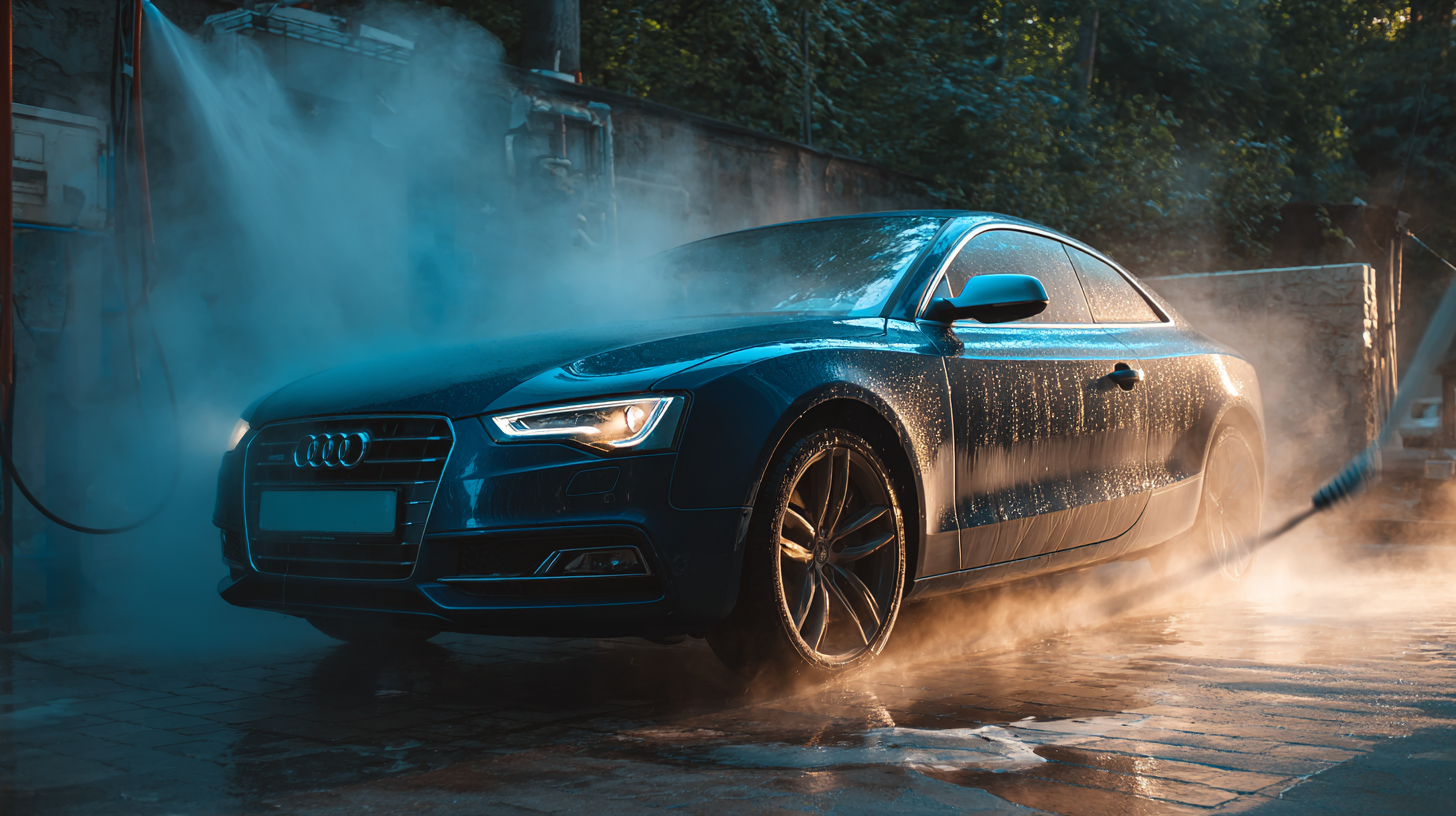
Top Features to Look for in a Pressure Car Wash Machine
When selecting a pressure car wash machine, there are several essential features to consider that can significantly improve your cleaning experience. First and foremost, the pressure settings play a crucial role in achieving that sparkling finish without damaging your vehicle's surface. A versatile machine with adjustable pressure levels allows you to tackle stubborn dirt and grime while offering gentler settings for sensitive areas. Look for models that provide a balanced PSI range, ideally between 1500 to 3000 PSI, to cater to different cleaning needs effectively.
Another important feature is the presence of multiple nozzles and attachments. A variety of spray patterns—from wide fans for rinsing large areas to narrow jets for targeted cleaning—can enhance functionality and boost efficiency. Additionally, features like onboard detergent tanks or foam cannon compatibility can streamline the washing process, allowing you to apply soap more evenly and reduce time spent on rinsing. Lastly, consider the mobility and design of the machine; lightweight models with durable wheels can ensure easy maneuverability around your vehicle, making your washing experience not only faster but also more enjoyable.
Comparison of Pressure Car Wash Machines Features (2023)
Comparing Electric vs. Gas Pressure Washers: Which is Right for You?
When it comes to pressure washing, selecting the right machine can significantly impact both efficiency and effectiveness.
Electric pressure washers are typically more user-friendly and quieter, making them ideal for residential settings. They plug into a standard outlet and generally require less maintenance compared to their gas counterparts. This makes them a perfect choice for light to moderate cleaning tasks, such as washing cars, patios, and decks.
Additionally, with their lower initial cost and no need for refueling, electric models can save you both time and money.
On the other hand, gas pressure washers pack a powerful punch and are better suited for heavy-duty tasks. They typically offer higher pressure levels and greater mobility due to their portability and absence of electric cords.
This makes them highly effective for larger projects, such as cleaning driveways, siding, and commercial premises. However, they do require more maintenance and can be noisier, which may be a consideration for those living in close quarters.
Ultimately, your choice between electric and gas pressure washers will depend on your specific cleaning needs and the level of convenience you desire.
How to Choose the Perfect Nozzle for Different Cleaning Tasks
When it comes to pressure car wash machines, having the right nozzle can make all the difference in achieving a spotless finish. The various nozzle types are designed for specific tasks, optimizing cleaning efficiency and effectiveness. For example, a zero-degree nozzle produces a concentrated spray that is ideal for removing stubborn dirt and grime from hard surfaces. However, it’s essential to use this nozzle with caution to avoid damage to sensitive areas of your vehicle.
For more delicate cleaning tasks, a 25-degree or 40-degree nozzle is preferable. These nozzles create a wider spray pattern, which is perfect for washing painted surfaces and windows without risking scratches. Moreover, adjustable nozzles can provide versatility, allowing you to switch between different spray patterns depending on the task at hand. Understanding how to choose the right nozzle not only enhances your car washing experience but also contributes to preserving your vehicle’s finish over time.
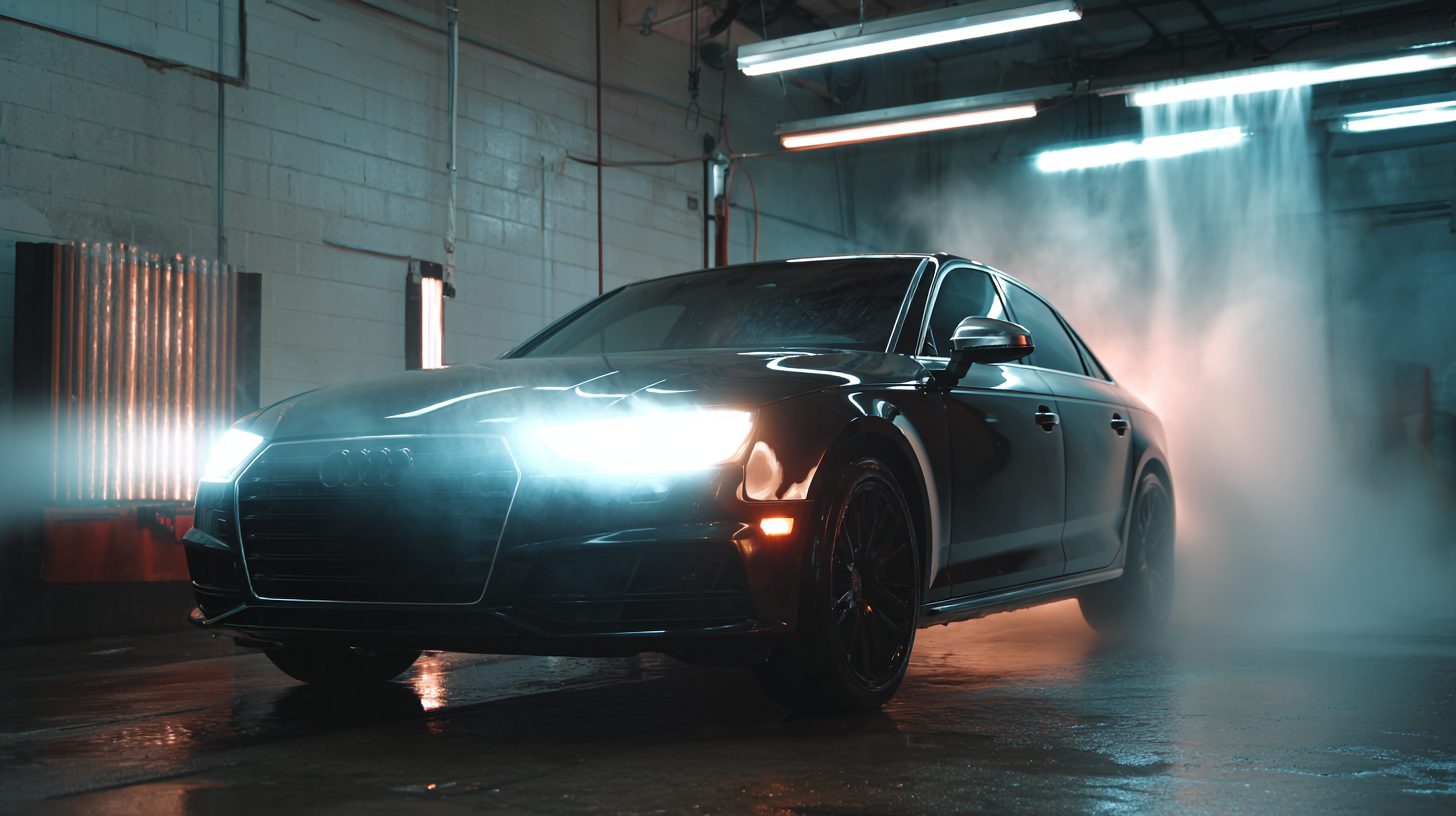
Tips for Maintaining Your Pressure Wash Machine for Longevity
Maintaining your pressure wash machine is crucial for ensuring its longevity and efficiency. One essential tip is to regularly check and clean the filter. A clogged filter can reduce water flow and lower the machine's performance. After each use, inspect the inlet filter and clean out any debris to keep your pressure washer running smoothly. Additionally, consider replacing the filter periodically, depending on usage frequency, to prevent long-term damage.
Another key aspect of maintenance is performing regular inspections of the hoses and nozzles. Look for any signs of wear and tear, such as cracks or leaks, which can lead to decreased pressure and inefficiency. It's advisable to store the machine in a dry, sheltered space when not in use, avoiding exposure to harsh weather conditions that can damage components. Furthermore, during the off-season, running a pump saver or antifreeze through the system can protect it from freezing and internal damage, ensuring that it remains in top condition for the next cleaning season. By following these tips, you can significantly extend the life of your pressure wash machine and enjoy optimal performance for years to come.
Step-by-Step Guide: Using Your Pressure Washer Safely and Effectively
When using a pressure washer, safety and effectiveness are paramount. To ensure you use your machine properly, begin by assembling all the necessary equipment, including safety goggles and gloves. Before starting, always read the user manual to familiarize yourself with the specific features and capabilities of your pressure washer.
**Tip:** Always choose the right nozzle for the task at hand. Different nozzles deliver different pressure levels, and selecting an inappropriate one can damage delicate surfaces. For instance, use a wider nozzle for vehicles and a narrower one for tough surfaces like concrete.
Once you're ready to start, maintain a safe distance from the surface to avoid unintentional damage. Begin at a distance and gradually move closer as needed, ensuring you are using sweeping motions rather than focusing on one spot. Keep your footing stable and avoid spraying at high angles to prevent injury or accidents
**Tip:** Keep an eye on the water supply. An empty hose can lead to pump damage, which might require costly repairs. Always check for any leaks or clogs before commencing your cleaning task. By following these steps, you'll elevate your cleaning game while ensuring safety and efficiency.
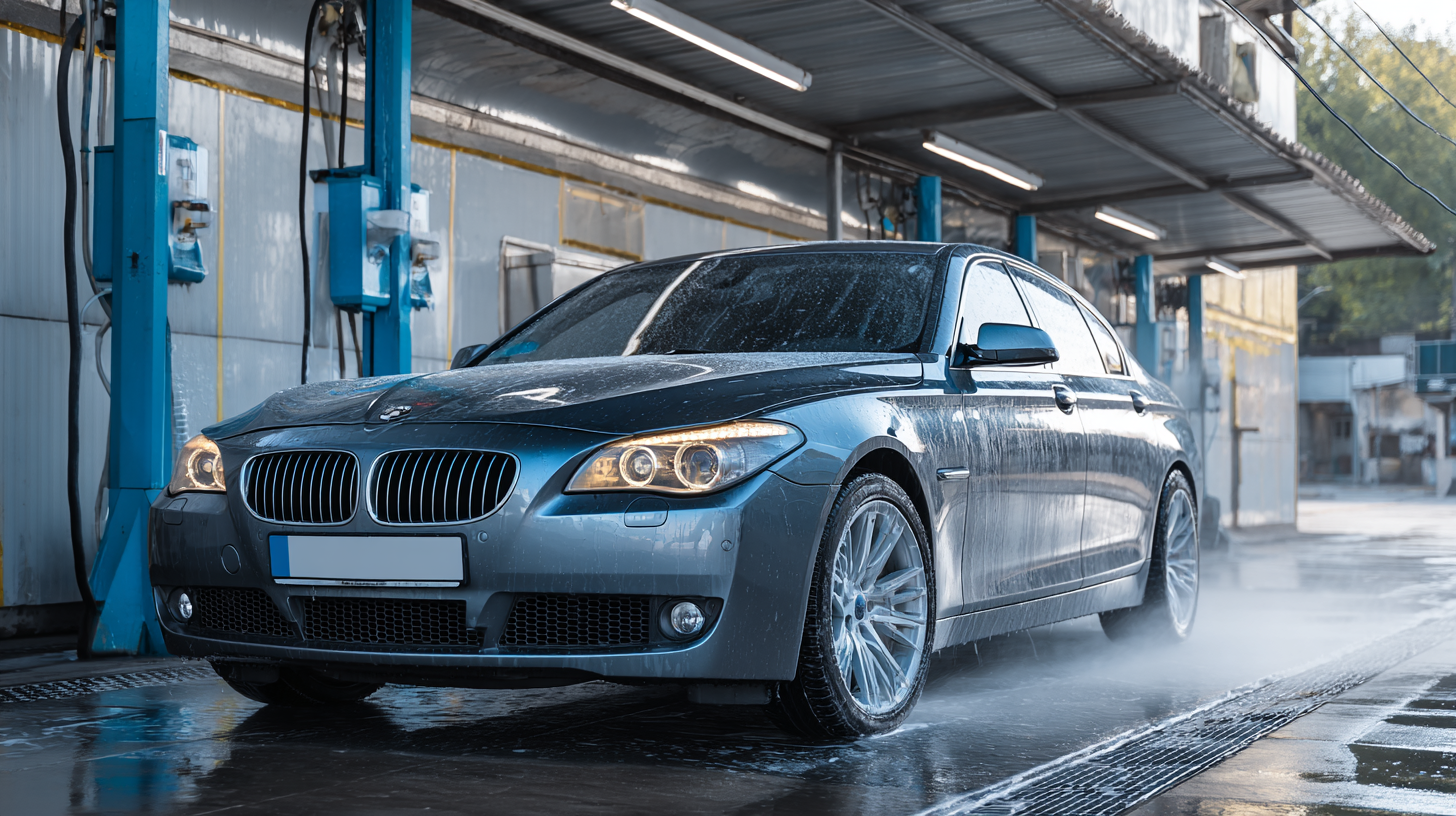
Related Posts
-

Challenges Faced by Buyers When Sourcing Best Self Car Wash Equipment
-
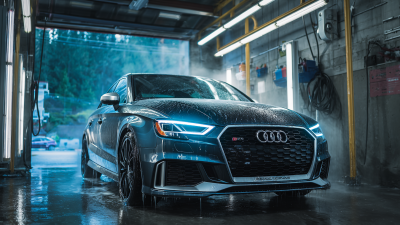
10 Reasons Why Best Machine Car Wash is the Ultimate Choice for Your Vehicle
-
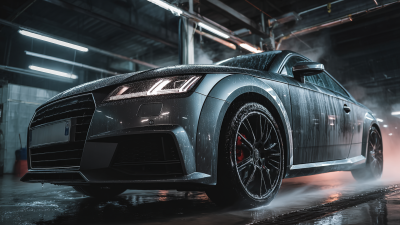
Top Strategies for Choosing the Best Pressure Car Wash Machine in 2023
-

What is the Future of Best Automated Truck Wash Solutions for Global Buyers?
-

How to Identify Quality Manufacturers for the Best Industrial Car Wash Machine
-

Top Tips for Selecting the Best Car Wash Machine Manufacturer and Equipment Comparison Guide